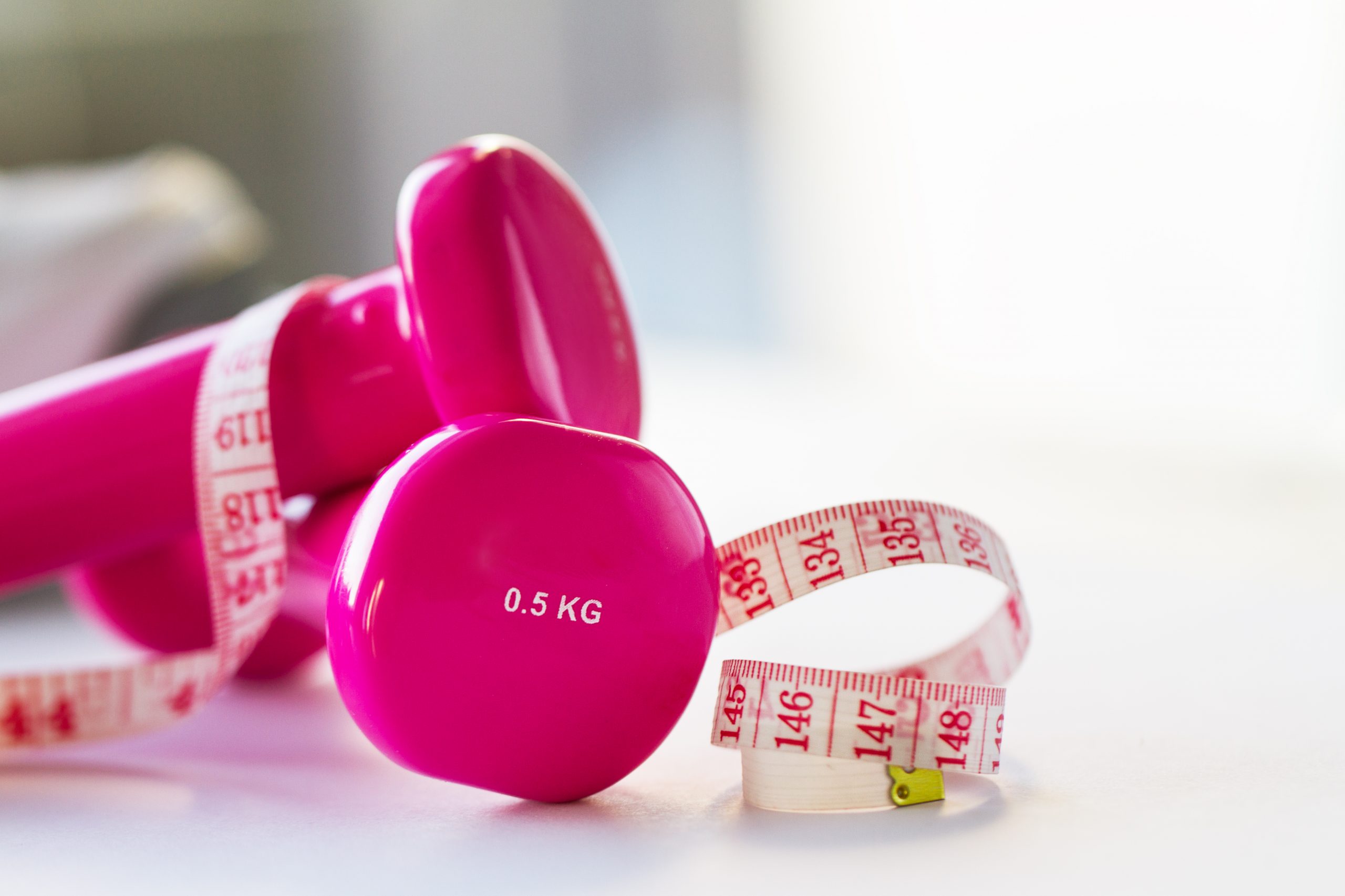

According to a new study, combining the world’s first and only procedure-free swallowable gastric balloon, which is placed without surgery, endoscopy, or anesthesia and naturally passes out of the body after approximately 16 weeks—and the commonly prescribed anti-obesity drug liraglutide is a safe and effective way to boost weight loss.
Dr. Roberta Ienca of the Nuova Villa Claudia Clinic in Rome, Italy, and colleagues presented an international multi-center study at this year’s European Congress on Obesity (ECO) in Dublin, Ireland (May 17-20) that builds on previous studies that show that the Allurion Balloon (known as Elipse), which is folded into a swallowable vegan capsule, is a simple, safe, and effective method for weight loss.
GLP-1 RAs, such as liraglutide (Saxenda), have also been demonstrated to be useful in treating obesity and type 2 diabetes by increasing feelings of fullness (satiety) and decreasing hunger.
The efficacy and safety of the swallowable Gastric Balloon in combination with the regularly prescribed weight-loss medicine liraglutide were assessed in this trial. A total of 181 patients (145 women and 36 males) were enrolled; their average age was 44 years old, their average pre-treatment weight was 94.8kg, and their average beginning BMI was 33.7kg/m2.
Three international multidisciplinary obesity centers in Italy, Spain, and Egypt treated the patients.
After reaching the stomach, the balloon is swallowed and filled with fluids. A 20-minute outpatient appointment is required for placement. The swallowable Gastric Balloon is typically left in the patient for 15 to 17 weeks, with an average of 16 weeks. It is then naturally eliminated.
Liraglutide was introduced once daily between 4 and 16 weeks following balloon installation to accelerate weight loss and maximize results in order to increase patient satisfaction. Liraglutide was given to all 181 patients. Patients added liraglutide for a variety of reasons, including unsatisfactory weight loss (53%), reduction of balloon-induced satiety (29%), to boost effective weight loss (16%), and diabetes control in those with satisfactory weight loss (2%).
Participants shed an average of 13kg and 14% of their baseline body weight after 16 weeks of balloon treatment (far beyond the 5-10% considered clinically relevant weight loss). Furthermore, they lost 74% of their excess weight (measured using a reference normal BMI of 25 kg/m2) and reduced their BMI by 4.5kg/m2. Because individuals began liraglutide treatment before the balloon was expelled, the first results in most cases include the early effects of liraglutide.
Patients were observed for at least 6 months after the balloon was removed from their bodies and converted to a Mediterranean diet for weight maintenance.
Participants lost an average of 18kg and 19% of their baseline body weight at the end of the liraglutide treatment (the average duration was four months). Furthermore, they lost 99% of their excess weight and reduced their BMI by 5.9kg/m2.
There were no significant adverse effects reported. Medication was used to treat other balloon-related side effects such as nausea, vomiting, and stomach cramping. Four subjects also had the balloon removed due to intolerance, stomach dilatation, or premature balloon deflation.
Nausea (16.5%), diarrhea (3.3%), constipation (2.2%), and headache (1.7%) were among the side effects associated with liraglutide. Four participants quit their medication due to tachycardia/chest pain or gastrointestinal issues.
Although it is more successful than medicines, diet, and exercise, the authors add that intragastric balloon uptake has been limited due to the necessity for endoscopy for insertion.
These two treatment approaches appear to have complementary mechanisms of action in a geographically and demographically diverse population,” says Dr. Ienca. The Allurion Program delivers excellent weight loss in individuals with overweight and obesity without going under the knife, and liraglutide has the potential to further safely enhance weight loss in case of suboptimal adherence with the program and for patients that are aiming to further boost the results of treatment.
She adds, “The ease of use, low rate of adverse events, and potentially lower cost of the Allurion Program could enable much wider application of this critical intervention and, ultimately, help the millions who struggle with obesity and its associated health complications.”
more recommended stories
 Nanoplastics in Brain Tissue and Neurological Risk
Nanoplastics in Brain Tissue and Neurological RiskKey Takeaways for HCPs Nanoplastics are.
 AI Predicts Chronic GVHD Risk After Stem Cell Transplant
AI Predicts Chronic GVHD Risk After Stem Cell TransplantKey Takeaways A new AI-driven tool,.
 Red Meat Consumption Linked to Higher Diabetes Odds
Red Meat Consumption Linked to Higher Diabetes OddsKey Takeaways Higher intake of total,.
 Pediatric Crohn’s Disease Microbial Signature Identified
Pediatric Crohn’s Disease Microbial Signature IdentifiedKey Points at a Glance NYU.
 Nanovaccine Design Boosts Immune Attack on HPV Tumors
Nanovaccine Design Boosts Immune Attack on HPV TumorsKey Highlights Reconfiguring peptide orientation significantly.
 High-Fat Diets Cause Damage to Metabolic Health
High-Fat Diets Cause Damage to Metabolic HealthKey Points Takeaways High-fat and ketogenic.
 Acute Ischemic Stroke: New Evidence for Neuroprotection
Acute Ischemic Stroke: New Evidence for NeuroprotectionKey Highlights A Phase III clinical.
 Statins Rarely Cause Side Effects, Large Trials Show
Statins Rarely Cause Side Effects, Large Trials ShowKey Points at a Glance Large.
 Anxiety Reduction and Emotional Support on Social Media
Anxiety Reduction and Emotional Support on Social MediaKey Summary Anxiety commonly begins in.
 Liquid Biopsy Measures Epigenetic Instability in Cancer
Liquid Biopsy Measures Epigenetic Instability in CancerKey Takeaways Johns Hopkins researchers developed.

Leave a Comment